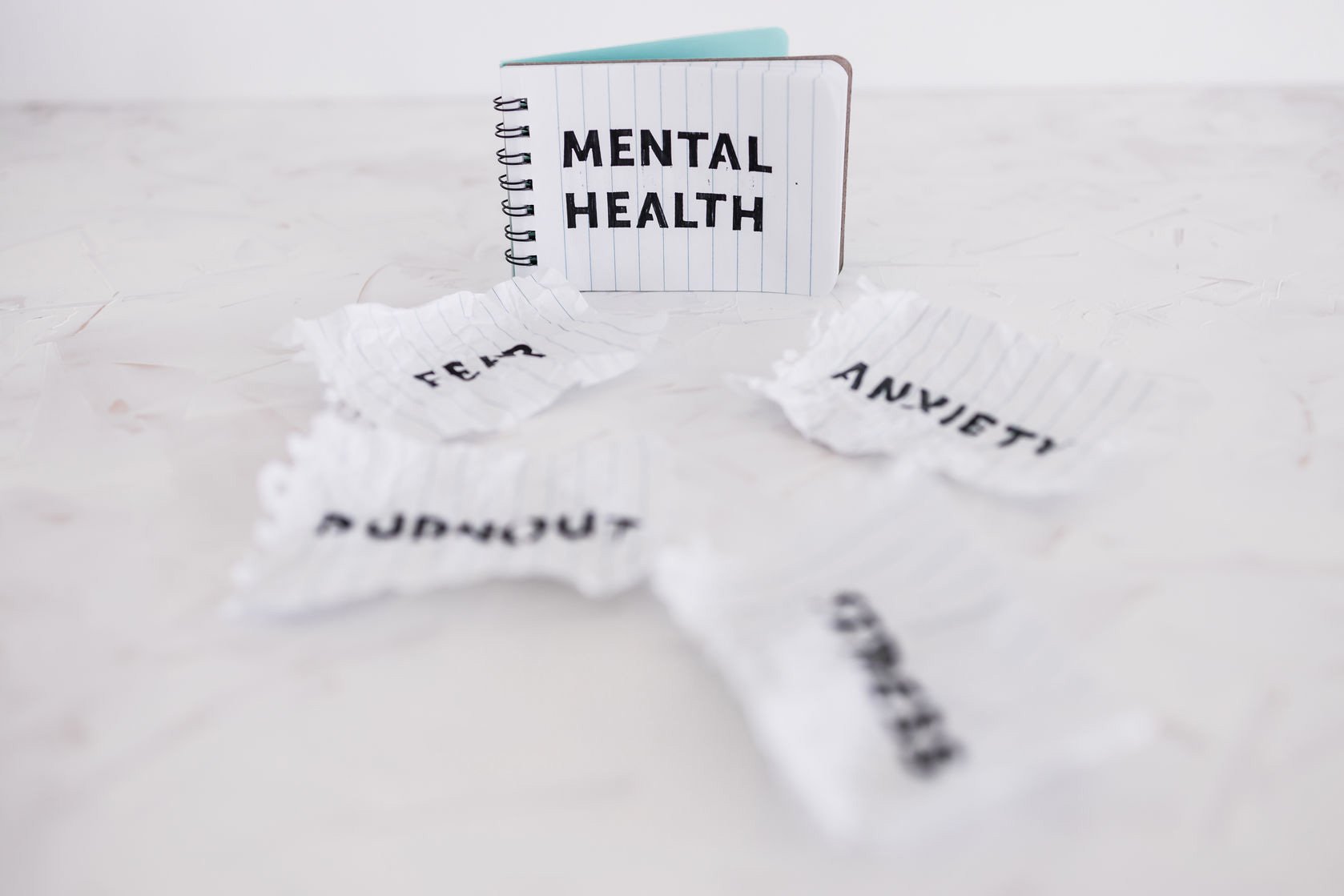
Lately, maybe you feel that more and more people are finally caring about mental health. Actually, what is mental health? How is it different from physical health? Of course it's different! When you can think, behave in a healthy way, and are able to feel emotions, this is what is called mental health.
This can influence us in managing stress, making decisions, even when behaving and taking a stand with other people. Mental health means happiness and well-being pervades your life. So, what is the connection with mental health disorders?
On the other hand, when you experience mental health disorders, you usually feel disturbed and unable to function properly. Symptoms of this mental health disorder can affect mood, thoughts and behavior. Some examples of this disorder include excessive anxiety, depression and even bipolar disorder.
Even though mental health and disorders are interrelated, not everyone always experiences both. Severe stress, trauma, and even other life difficulties can temporarily affect a person's mental condition. To find out what the causes, symptoms are, and how to deal with them, let's keep reading!
What are the causes of mental health disorders?
Mental health disorders can be caused by a variety of factors, which are often interrelated and complex. Here are some commonly found factors:
- Biological Factors
As the name suggests, these biological factors depend on genetics or family history and a person's physical appearance. These include imbalances in brain function, head injuries that result in trauma, and even congenital physical illnesses that can affect a person's mental condition. - Environmental Factor
Next are environmental factors. This causal factor comes from outside and is not congenital. Examples include traumatic feelings, stress, discrimination or stigma, and even lack of social support. Even though it comes from outside, it is not uncommon for this factor to have more influence, especially when someone grows up. - Life Factors
This factor also comes from outside as a result of the lifestyle we adopt. Such as diet, lack of sleep, relationship difficulties, financial problems, and even lack of access to mental health services. Not infrequently this results in stress, excessive anxiety, and even depression.
Symptoms When Mental Disorders Occur
Some signs or symptoms when experiencing mental disorders can of course vary depending on the type. Here are some common symptoms that often occur:
Emotional Changes:
- Feeling sad, empty, and hopeless (depression)
- Experiencing excessive anxiety and fear
- Mood changes quickly and drastically
- Easily ignited by anger
- Loss of interest in things you once liked
- Feeling worthless or always blaming yourself
Changes in behavior:
- Withdrawal from social activities
- Changes in appetite and sleep patterns
- Difficulty concentrating and focusing
- Anxiety and restlessness
- Substance abuse
- Often acts impulsively and dangerously
- The desire to end life arises
Physical Symptoms:
- Fatigue and lack of energy
- Headaches, muscle aches and digestive problems
- Changes in appetite and body weight
- Difficulty sleeping
- Increased heart rate and sweating
Cognitive Symptoms:
- Difficulty thinking clearly
- Memory loss
- Difficulty making decisions
- Difficult to understand the situation
How to Deal with Mental Health Disorders
Diagnosed with a mental disorder, the peace of your life is like being hit by a storm. But, don't panic! With the right steps, recovery and happiness await you ahead. Here's how you can deal with mental disorders:
- Seek Professional Help Immediately
Like physical illnesses, mental disorders also require expert treatment. Psychologists, psychiatrists and counselors are ready to be allies in your recovery process. They help diagnose, design treatment strategies, and provide the support you need. - Undergoing Therapy and Medication
Every individual is created by God uniquely, and so is the method of healing. Therapy like CBT helps you change negative thought patterns and behavior. Medications, such as antidepressants, relieve bothersome symptoms. In extreme cases, ECT or TMS may be recommended. - Maintain a Healthy Lifestyle
Body and soul are closely related. Eating nutritious food, getting enough sleep, and exercising regularly not only keeps the body healthy, but also calms the mind. Avoid alcohol and illegal drugs that worsen the condition. Find healthy ways to manage stress, such as yoga, meditation, or enjoying nature. - Building Social Support
Love and support from those closest to you can also be one of the most effective medicines. Join various communities, you can tell all your complaints to family or trusted friends. Their support becomes the strength that helps you get through difficult times. - Maintain Physical Health
Check your health regularly and follow your doctor's advice. Why is this important? Of course you know the saying that a healthy body is a strong foundation for a stable mentality. So, practicing, exercising, and always maintaining physical health will affect your mental condition. - Be Patient and Enthusiastic and Continue to Want to Recover
Recovering from any mental disorder does require extra time and struggle. Be patient with yourself, don't give up easily. With the right treatment and support, you will again feel happy and live a productive life.
Conclusion
Mental health disorders can be caused by various factors, such as biological, environmental and life factors. The symptoms are varied, therefore treating them requires a comprehensive approach, including seeking professional help, undergoing treatment, maintaining a healthy lifestyle, building social support, and maintaining physical health.
With the right treatment and support, recovery and living a happy, productive life is possible. Remember, you are not alone. There are many sources of information and assistance available to help you overcome mental disorders. Don't hesitate to seek help and consult a mental health professional.








